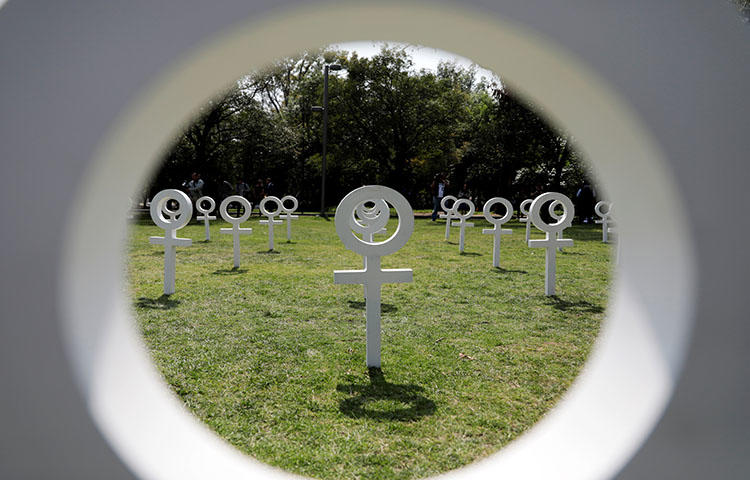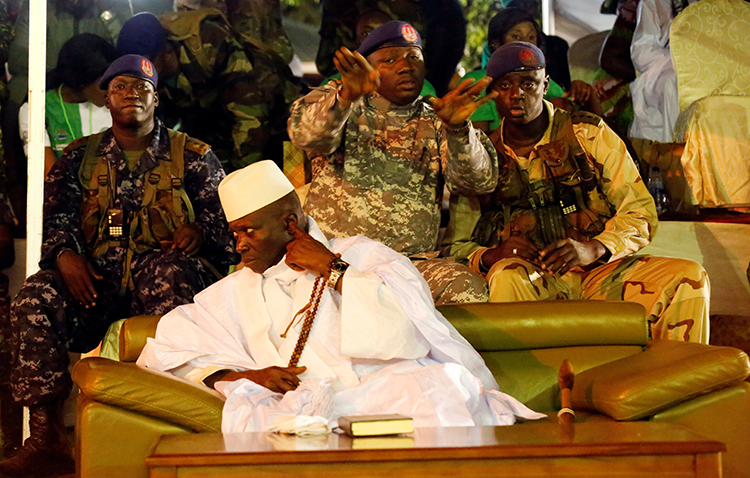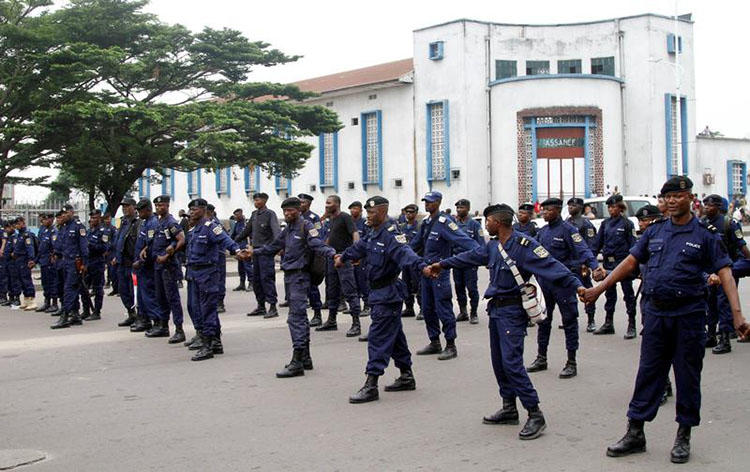
Journalists covering unrest in the DRC face arrests, assault, and internet shutdowns
On New Year’s Eve, as the world prepared to ring in 2018, Congolese journalist Edmon Izula was being repeatedly hit with a rifle and threatened at gunpoint by a member of the state security forces. Iluza was one of at least three journalists harassed by authorities that day, in a scenario that has become common…
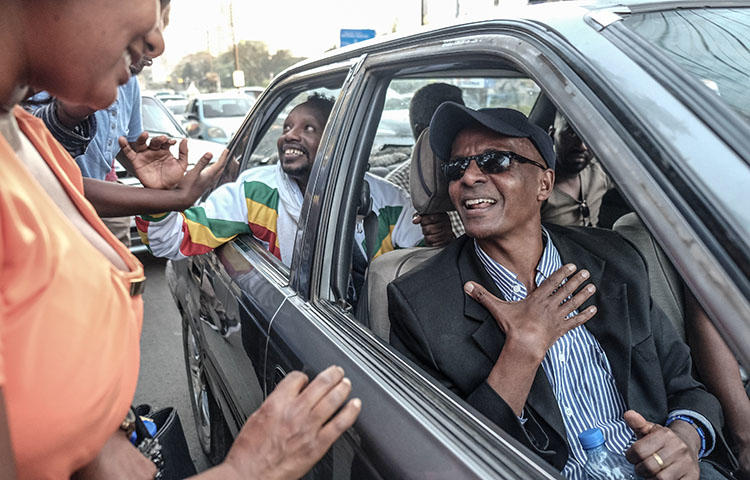
CPJ joins call for Ethiopia’s prime minister-designate to ensure journalists’ immediate release
The Committee to Protect Journalists, along with 40 civil society organizations, yesterday sent a joint letter to Ethiopia’s prime minister-designate, Abiy Ahmed, urging him to ensure the immediate and unconditional release of recently arrested journalists, and human rights defenders.
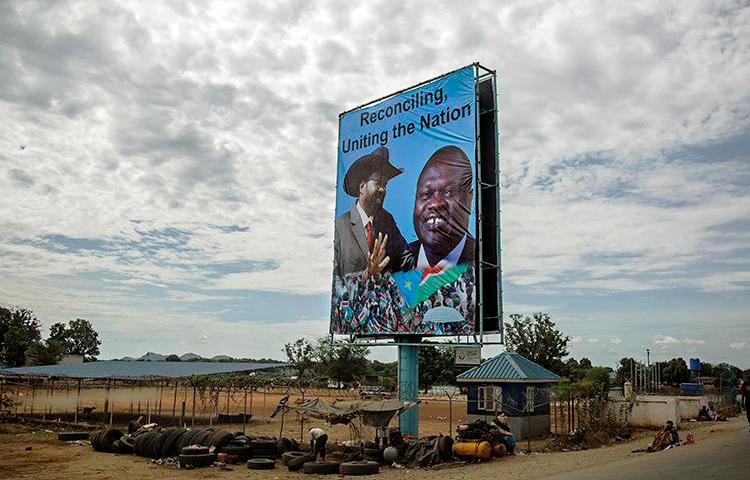
As peace talks resume South Sudan continues its assault on press freedom
A ceasefire agreement signed on December 21 between the South Sudanese government and opposition forces has revived a 2015 peace process and brought hope that the conflict will not persist into its fifth year. The agreement includes obligations to “ensure protection of media” and “[c]ease all forms of harassment of the media.” Yet, ahead of…
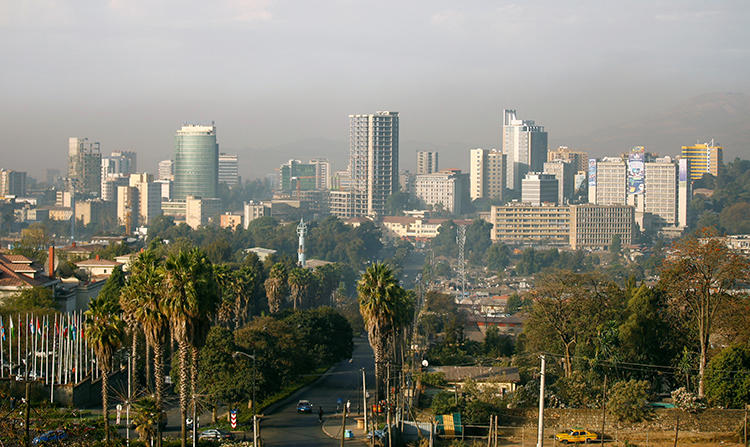
Why release of two journalists in Ethiopia does not signal end to press crackdown
On January 10, radio journalists Darsema Sori and Khalid Mohammed were released from prison after serving lengthy sentences related to their work at the Ethiopian faith-based station Radio Bilal. Despite their release and Prime Minister Hailemariam Desalegn’s promise earlier this month to free political prisoners, Ethiopia’s use of imprisonment, harassment, and surveillance means that the…
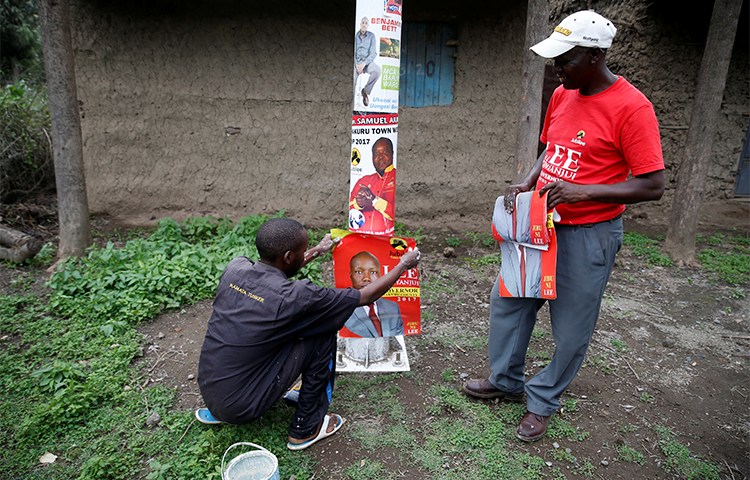
Amid tensions ahead of Kenyan vote, journalists face violence and threats
When a fight broke out during a political rally for Kenya’s Orange Democratic Movement in Kakamega county on May 4, Shaban Makokha was taking pictures for his newspaper, the Daily Nation. Makokha told CPJ that when police arrived to break up the fight, they demanded that he stop taking pictures, even after he identified himself…
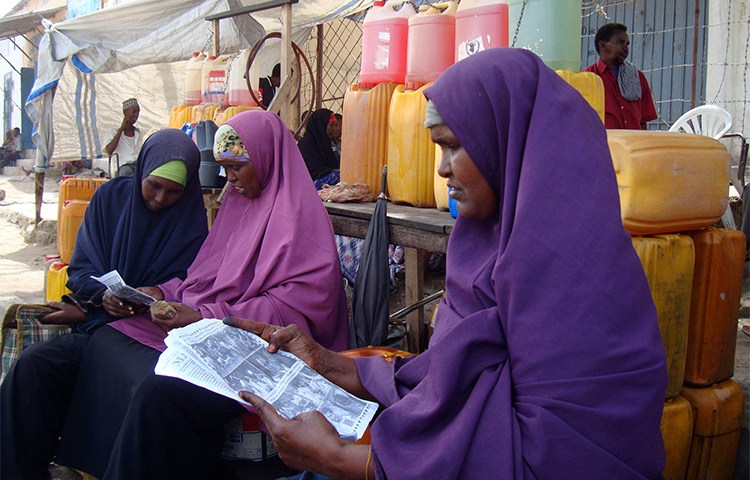
Q&A: Somali editor says efforts to make media law less restrictive don’t go far enough
On July 13, Somalia’s Cabinet approved proposed changes to the country’s national media law as part of a review to overhaul the regulatory framework under which journalists currently work. But Somali journalists and local media rights groups have criticized the government for not doing enough to provide journalists with a less restrictive environment.
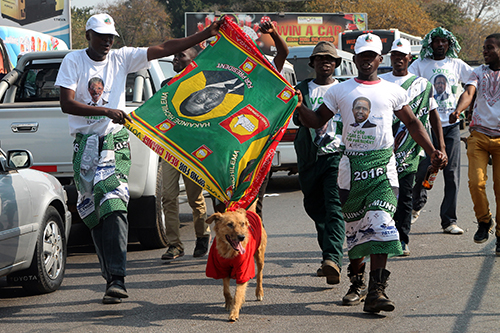
For Zambia’s press, election year brings assaults and shut down orders
Zambia’s press has come under sustained assault in this election year, with station licenses suspended, journalists harassed or arrested for critical coverage, and one of the country’s largest privately owned papers, The Post, being provisionally liquidated in a move that its editors say is politically motivated.
